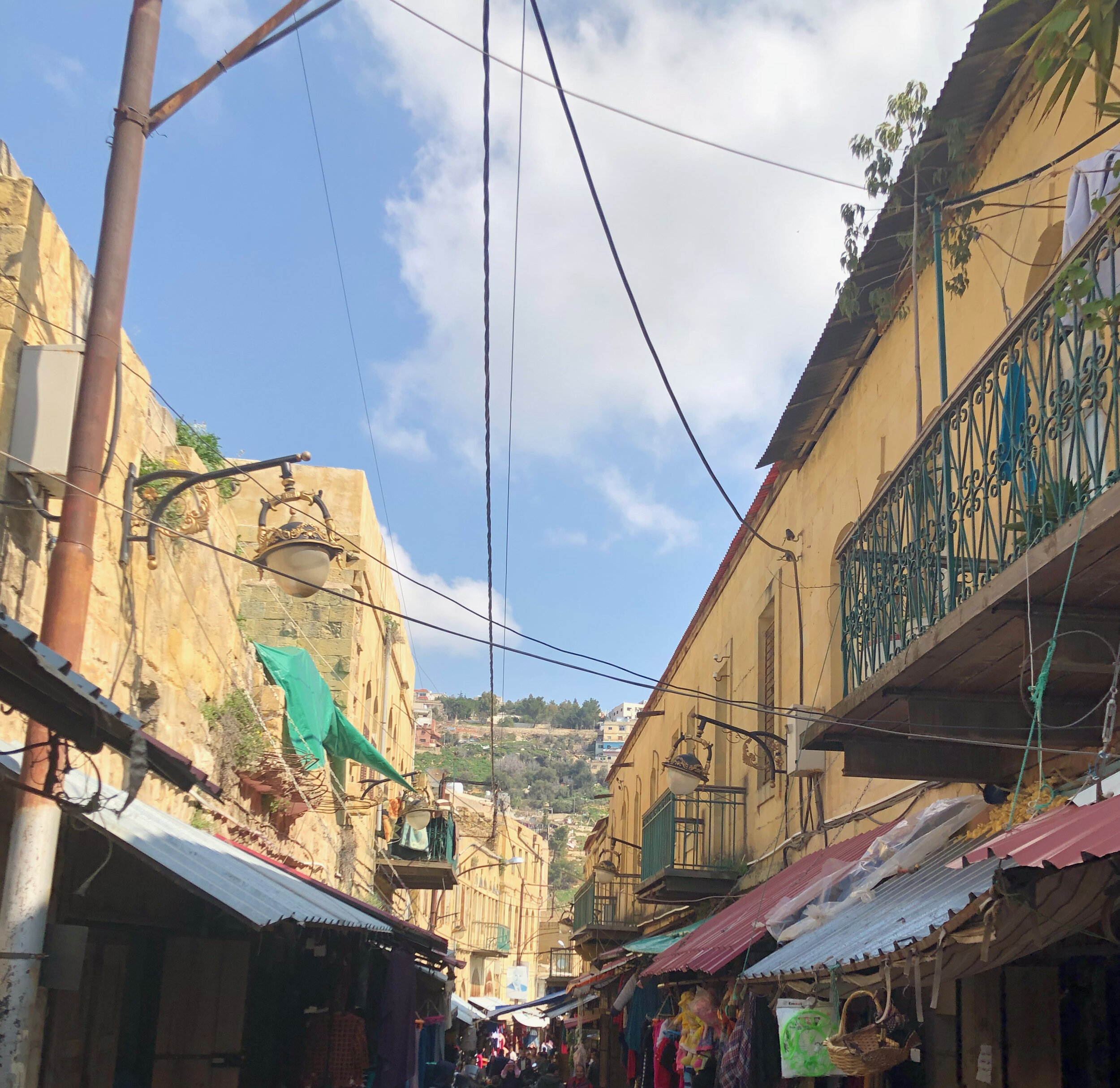
Teaching
-
State, Sovereignty, and Governance
UMass Boston (graduate). This course familiarizes students with theories, research and practice regarding the role of the state and governance as it pertains to inclusion and development. The course examines the emergence of the state, including pre- and non-Westphalian state contexts, specifically experiences of colonization and the development, and the near-universal inheritance of the modern state. We explore contemporary forms of the state, and pressures emerging and surrounding it, including those of the market, civil society and democracy. Spring 2023 Link
-
Qualitative Methods: Research Praxis for Global Justice
UMass Boston (graduate). This is an introductory, graduate-level course on qualitative research methods. The course aims to provide students with a basic knowledge of social science research methodologies as they relate to the methods that give them effect, to reflect on the ethics and politics of carrying out those research methods in practice, and to inculcate the critical capacity to conduct qualitative research and analysis in an ethical manner. The course is intended to help students reach an understanding of how different qualitative research methods can best be used to reach their objectives in diverse contexts, depending on the underlying purpose of the research endeavor. Fall 2022
-
Dissertation Development Workshop
UMass Boston (graduate). This is a faculty-led dissertation support group for students who are in the ABD phase of the Global Inclusion and Social Development PhD program. The course is structured to help students stay on track with developing their dissertation through instruction, advice, and mentorship, as well as through peer connection, and support around writing. Seminar meetings focus on macro (e.g., overall organization) and micro (e.g., chapter structure, editing, and rewriting) aspects of the dissertation as well as honing strong writing skills and habits. Fall 2022; Spring 2023
-
Power, Identity, Resistance
University of Chicago (undergrad). A year-long sequence of three courses (I, II, and III), devoted to close readings and discussions of foundational texts in liberal political theory and political economy. Broadly, the seminar examines the ways in which power both constitutes and is constituted by economics, politics and culture in the modern era. We look at the different modes by which power is exercised as well as at various means of resisting domination. Readings include Hobbes, Locke, Marx, CLR James, Fanon, Arendt, Foucault. Autumn 2021 (PIR I, 1 section), Winter 2022 (PIR II, 2 sections), Spring 2022 (PIRIII, 3 sections)
-
Introduction to Political Science
Wayne State University (undergrad). An introductory survey of the discipline, covering the subfields of comparative politics, American politics, international relations, and political theory, as well as central themes in political science including rationality, institutions, structure, and culture. We examine these subfields and themes by studying real-world cases: mass incarceration, elite influence in politics, the role of nationalism in political life. Fall 2016, Winter 2017
-
The Modern Middle East
Wayne State University (undergrad, Department of Near Eastern Studies). This course surveys the politics and history of the Middle East and North Africa from the 12th century to the end of World War I. Topics covered include the emergence of the Ottoman Empire, the colonial encounter with Europe, revolution and resistance, comparative empire, and social and economic transformation in the wake of capitalism, colonialism, and nationalism. Fall 2020, Fall 2021 (online)
-
Politics and Rationality
Wayne State University (undergrad). Survey of the concept and use of rationality in politics. Topics range from the relationship between rationality and legitimate forms of governance in political philosophy (Hobbes, Locke, etc.), to rationality and social cooperation, and critiques of political rationality. Online course. Spring/Summer 2015, 2016, 2017.
-
Middle East Conflict (Course broadly focused on the politics of the Middle East and North Africa)
Wayne State University (advanced undergrad). Surveys the comparative politics and international relations of the Middle East and North Africa. Topics covered include the experiences and legacies of colonialism, state- and nation-building, authoritarian resilience and institutions, social resistance and revolution, neo-colonialism/ -imperialism, and the Arab uprisings (and their aftermath). Winter 2015.
-
The Political Economy of Development and Underdevelopment in the Middle East
Proposed upper-division undergraduate or graduate syllabus. From a historical vantage point, the Middle East is said to have undergone a stark “reversal of fortune” after around 1500 CE, as Europe—and with it capitalism and colonialism—became ascendant. Yet some states boast tremendous wealth while others continue to struggle under the weight of international debt. What explains these intra-regional, inter-regional, and historical divergences? In this course, we will address this question—and many others—by engaging with an array of explanations for and conceptualizations of development and underdevelopment across a range of scales (global, regional, and local) and over time. Link
Teaching Assistant
-
Introduction to Political Theory
Portland State University. Joseph Lampert. Fall 2012, Winter 2013.
-
Democratic Theory
Portland State University. Joseph Lampert. Winter 2013.
-
Justice
Wayne State University. Joseph Lampert. Winter 2014.